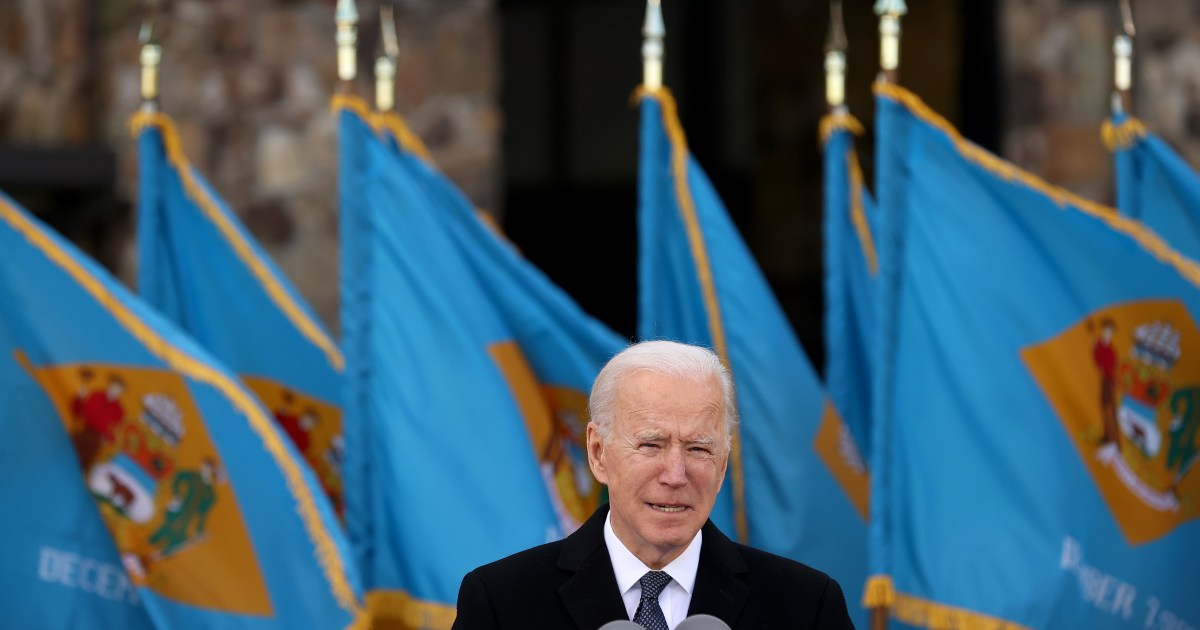The American National Interest said that the weak prospect of Iranian President Hassan Rouhani winning during the upcoming elections in June will open the door to the possibility of a "hard-line" candidate close to the Revolutionary Guard, which will complicate President Joe Biden's plans to revive the nuclear deal with Tehran.
The magazine confirmed - in a report by former Pentagon official Dov Zakheim - that Washington's return to the agreement from which it withdrew in 2018 during the era of former President Donald Trump will be a "completely different" issue.
It is likely that with the arrival of a hard-line leadership to power in Iran, which has already proven its ability to enrich uranium by 20% - which theoretically gives it the ability to manufacture a nuclear weapon within six months - Tehran will not have much incentive to abide by the agreement just because Washington changed its position.
Moreover, the Iranian leadership has proven over the years that it is difficult to surrender, even under the pressure of severe sanctions that have negatively affected the country's economic fundamentals.
In addition, the Revolutionary Guard prioritizes what it considers a "national security issue" over other considerations of an economic nature, and it strongly controls the wheels of the economy, making its members suffer and suffer from the effects of sanctions relative and limited compared to the rest of Iranians.
For all these reasons - the magazine confirms - it is likely that the Iranian regime will stick to clauses that are "appropriate" for it, at least as those that it negotiated in 2015, which are not referring to regional issues and its ballistic missile program, and that the terms of the agreement's termination are not more expensive than those in the original agreement.
An American warned
On the other hand, the National Interest believes that President Biden's administration should be wary of taking any step, or making any decision that the Iranian regime will seize without offering anything in return.
It adds that Washington should not cancel any sanctions imposed on the Iranians unless Tehran responds with parallel steps, for example by withdrawing its support for the Houthis in Yemen, which is a low-cost step for Tehran, unlike, for example, stopping its support for the Lebanese Hezbollah.
Iran can also begin to reduce its support for the Iraqi militias that have undermined the government's ability to return the country to the right path economically and socially, especially since Iraq no longer poses a real threat to Iran because its Shiite population, who were previously persecuted, now controls the wheels of power.
The magazine concludes that the list of sanctions imposed on Iran is very long, and its "gradual" lifting - as long as Tehran is committed to responding with similar steps - will ultimately bring the American and Iranian parties to consensus and adopt an updated version of the nuclear agreement.

